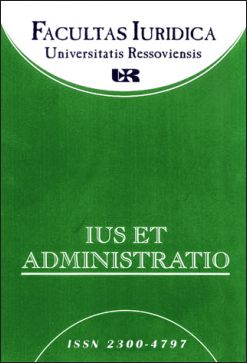Strike Action at the Forefront of the Social Partners’ Agenda
Keywords:
the right to strike, collective bargaining, employer, employee, Constituion, collective dispute, legal certainty, employee’s responsibilityAbstract
The article presents strike legislation in the Slovak Republic. It primarily draws attention to the two admissible types of strikes: a Constitutional and an industrial (working) ones, where each has its own specific rules. A Constitutional strike is regulated only by the Constitution, without any special conditions for its implementation, whereas the industrial one can be realized only in the process of collective bargaining in a collective dispute. The Authors point out negative practical consequences of this legislation duality, in particular with regard to the principle of legal certainty and subsequent employee’s responsibility when the employer questions the strike’s legality. The Authors remind about the interest of employer’s representatives in adopting a special law which would comprehensively regulate the issue of the right to strike in the Slovak Republic. The problem has its specific form in case of an employer with foreign capital, who hardly perceives the legal framework of the employee’s right to strike.
Downloads
Downloads
Published
How to Cite
Issue
Section
License
Copyright (c) 2014 Ius et Administratio

This work is licensed under a Creative Commons Attribution-NonCommercial-NoDerivatives 4.0 International License.

